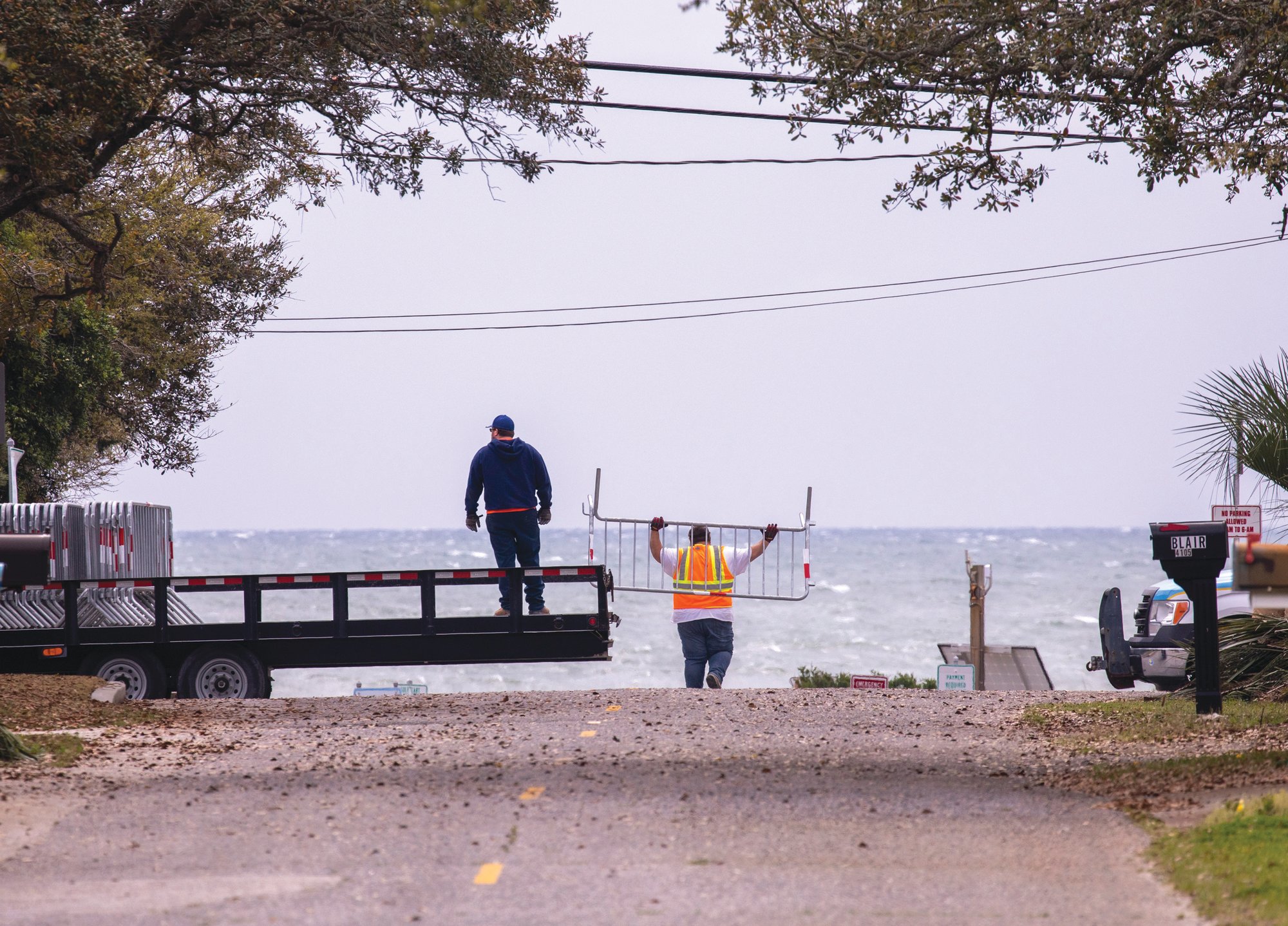S.C. officials defend limited data release as COVID-19 spreads
COLUMBIA - As businesses considered nonessential close across South Carolina to fight the coronavirus, state health officials are coming under increased scrutiny about information it isn't gathering or releasing about the spread of the virus.
For a brief time last week, the Department of Health and Environmental Control released the number of COVID-19 cases in each zip code. But less than a day later, officials replaced it with a simple listing of each zip code with at least a case.
State health officials also are not tracking how many health care workers are infected and have been reluctant to share the addresses of known cases with emergency dispatchers. Local authorities want that information to better protect first responders and conserve protective gear in short supply.
DHEC officials have reasons for all of their decisions. But eventually it all comes back to their desire to get the public to understand that for every diagnosed COVID-19 case, a shortage of tests means there are a lot of people with the virus undiagnosed and so people need to act like anyone they encounter is infected and protect themselves.
"There are unrecognized cases everywhere. And therefore, they have to practice those measures regardless of what they know about a specific case at a particular point in time," State Epidemiologist Dr. Linda Bell said.
South Carolina reported nearly 1,300 COVID-19 cases and 26 deaths, according to DHEC's Wednesday afternoon update. Forty-three of the state's 46 counties have at least one case.
Wednesday saw an additional 210 confirmed cases announced, the third day in a row to see the most new cases statewide.
Four additional deaths were announced, including a Lee County resident and one of the county's five cases that have been confirmed.
Sumter now has 48 cases, Clarendon 28.
Gov. Henry McMaster set a 5 p.m. Wednesday deadline for nonessential businesses to close. His executive order Tuesday lists a broad range of businesses under the rule from tattoo parlors and hair salons to spas, nightclubs, theaters and museums.
Any business that wants to appeal whether it is essential or not can talk to the state Commerce Department.
McMaster's approach - closing things in steps from restaurants to schools to beaches to nonessential businesses - instead of a blanket stay-at-home order has been criticized, but the governor said he is balancing aggressively protecting public health with also protecting the economy.
DHEC said it is taking a similar balancing act between informing the public about coronavirus cases and preventing panic or complacency.
But critics said that prevents people from getting the whole picture. Richland County has nearly 150 COVID-19 cases, and DHEC's website lists infected patients in 25 of the county's 40 zip codes. But there is no one to tell if there is one person infected or a cluster of dozens.
Bell called getting specific as "misinformation" that could lead people to let down their precautions and get infected.
"It becomes harmful information, and it creates a false sense of security," Bell said.
DHEC does appear to be backing off an earlier insistence it would not send the addresses of infected people to county dispatchers so they could check when getting a 911 call.
DHEC's initial reasoning was first responders should treat every call like it involved an infected person because there are so few tests.
But local officials said with protective equipment still scarce, they would appreciate some way to know which calls take priority for the sparse full gear so they did not blow through their supply with cases still likely weeks from their peak.
At a news conference Tuesday, Bell appeared to say DHEC was changing its policy.
"We are setting up a system through a secure database to provide to (emergency) dispatchers information that they need to make decisions about response," Bell said without providing any additional details.
DHEC also isn't tracking the number of health care workers infected across the state. Individual hospitals are releasing the information in a piecemeal way.
An update from the Medical University of South Carolina in Charleston released Wednesday said 38 employees have COVID-19 but included no breakdown of the jobs they perform.
More Articles to Read

